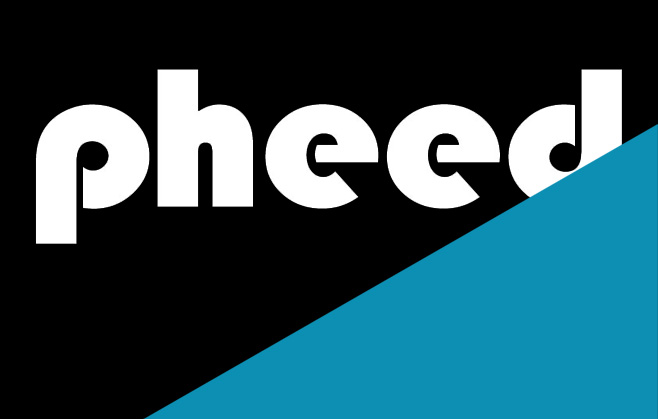
‘Pheed’ me more: Social media’s evolution
Like all good social media platforms, you know that one’s successful if you can use its name as a verb and it still seems natural. How many times do you say, ‘I’ll ‘Facebook’ you’, or ‘Let me just Instagram that’? If you’re anything like The Practice team, then probably more often than not!
A successful site name definitely relies on establishing functionality in some way, in accordance with a little market research to ascertain how catchy the name will be when spoken and written publicly. The most recent social media startup to garner our attention in terms of its name and endless wordplay possibilities is new network, Pheed, described by its creators as a social ‘mashup’ of other sites. We see limitless wordplay opportunities- ‘Check out my pheed!’ or ‘I’ll pheed you this link’. We could go on…
It’s not just Pheed’s name, but also its premise that equally attracts. Pheed’s CEO and cofounder, O.D Kobo along with his team, picked each others’ brains regarding the best attributes of other networks such as Twitter, Facebook, Instagram and Pinterest, handpicking the features they wished to incorporate. Pheed now features a Facebook-esque timeline, Twitter-style trending topics, photo, video, and audio capabilities. With current ambassadors including Miley Cyrus, Paris Hilton and Chris Brown, it’s sure to appeal to the Twitter, Tumblr and Facebook crowd.
Also included are monetization options, just like Facebook, Twitter and Pinterest-like site, The Fancy. Pheeders hold a premium account to enable a monthly subscription fee for any personal streams, or charge viewers on a pay-per-view basis while Pheed rakes in 50% revenue from this. We like the unique idea that unlike The Fancy, Facebook or Twitter which only offer themselves and companies the chance to monetize via product sales, advertising or sponsored tweets, Pheed allows ordinary users to make money by showcasing anything they desire on their personal streams. Whether that’s a few videos of college band practice or a cooking demonstration, there’s something to be gained by anyone, not just the platforms themselves, or paying brands.
Does that then make Pheed also akin to YouTube with emphasis on the uploader as earner? We think so! Kobo also argues that ‘social media today is about selling bits and pieces of peoples’ lives. It’s not necessarily selling that one song, it’s selling access to me.’ We definitely agree that Pheed allows the user to be the star, and that it’s worth remembering that this was the primary aim of social media during its inception. With over a million users already, we’re dubbing Pheed as the next big thing in how everyone can monetize from social, and give each other back the focus that brands have are currently taking.
The only drawbacks are that users will have to rely on engaging content to attract paid views as there’s no guarantee they’ll be able to monetize. Luckily, video streams are only one element of the site so it shouldn’t deter users from making use of Pheed for general social purposes. Secondly though, we’re concerned that Pheed may foster a negative reputation for itself if social media cynics label it a ‘jack-of-all trades’ platform. Can a new site that’s essentially stolen previous ideas really gain credibility? We’ve yet to find out.
Does Pheed sound like an appealing platform to you? Or are you tired of emerging social networks claiming to offer a ‘mashup’ of features, only to fall short? We’d love to hear your opinions as always, so please tweet to us and follow @PracticeDigital and ‘like’ us on Facebook.




